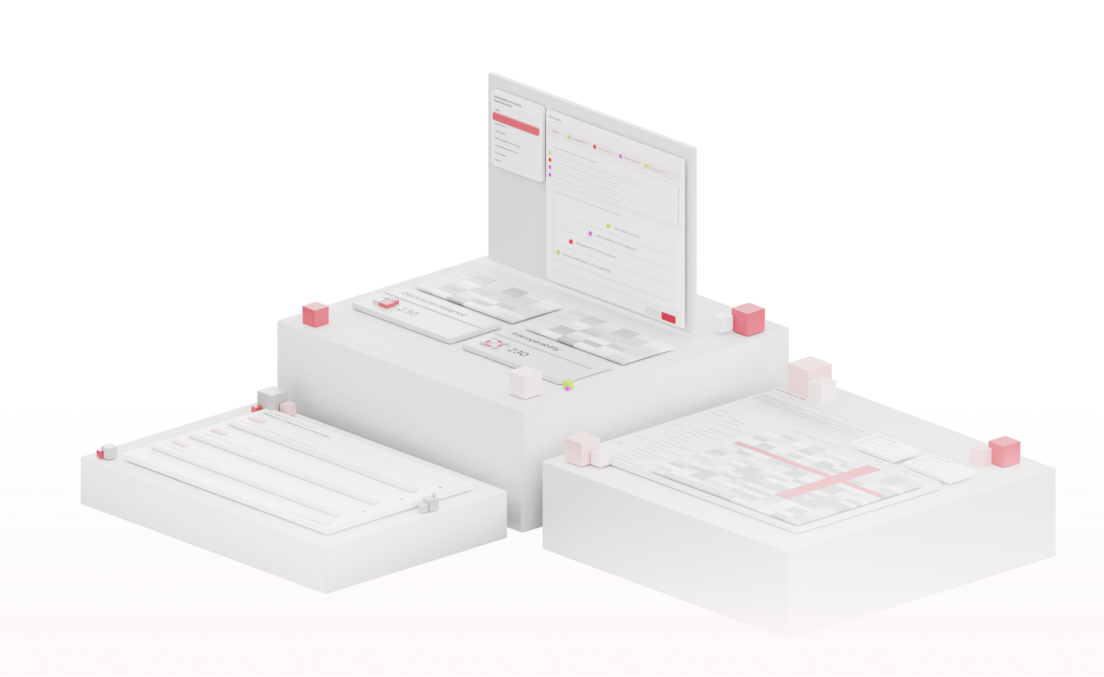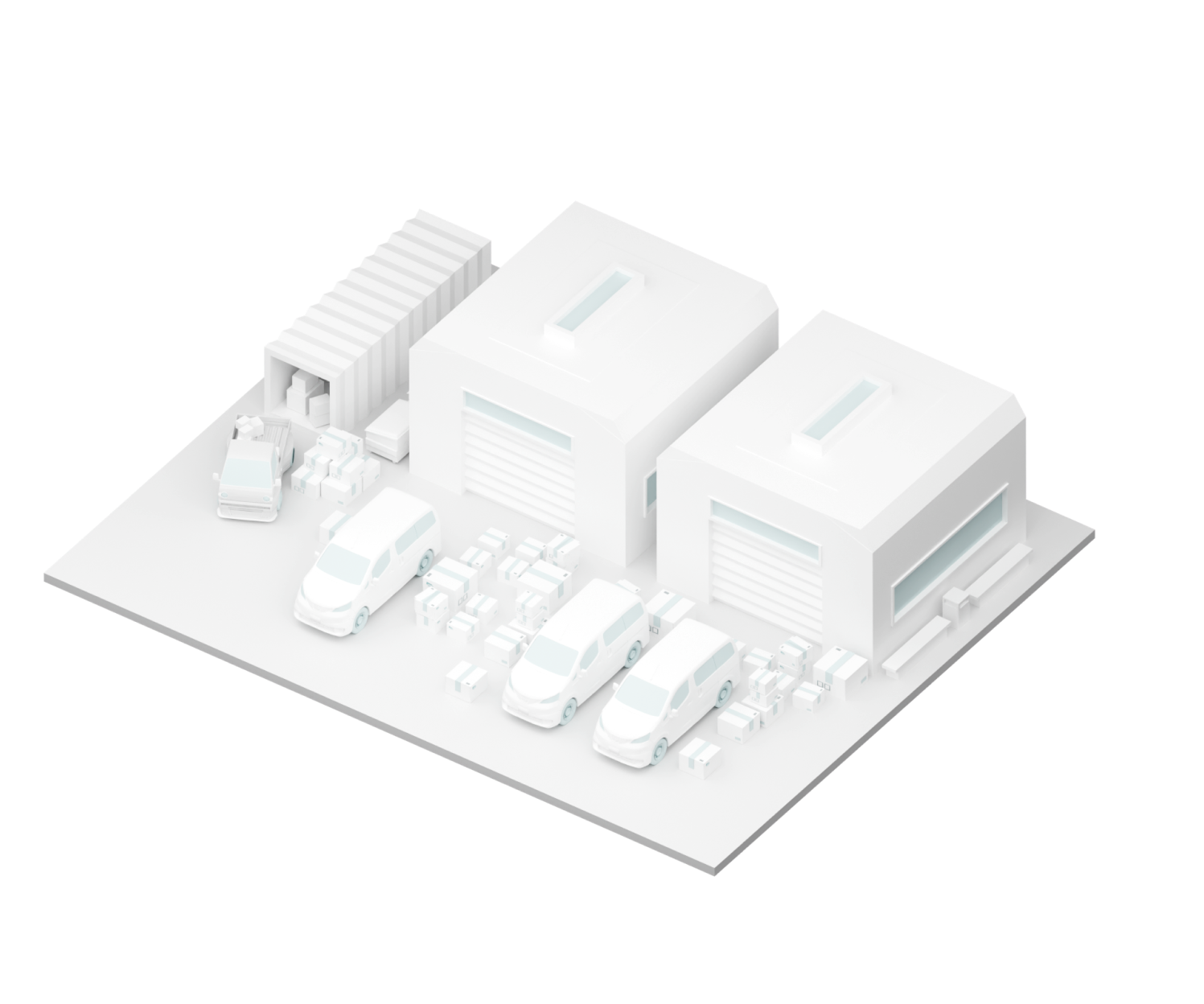How SASB Standards are developed and maintained
The SASB Standards help organisations share sustainability information that really matters to investors. They’re built through a careful, transparent process to make sure the disclosures stay relevant, trustworthy, and useful for decision-making.
Now overseen by the International Sustainability Standards Board (ISSB), part of the IFRS Foundation, the SASB Standards continue to evolve to reflect new sustainability challenges and the changing needs of the market.

Thoughtful, Transparent, and Evidence-Based
SASB Standards are updated through a clearly defined standard setting process governed by the ISSB.
This process involves several key stages:
Research and scoping
Topics are identified based on observed trends, investor demand, regulatory developments, and shifts in business practice. Each proposal is grounded in empirical research and market analysis.
Stakeholder engagement
Feedback is sought from a broad group of stakeholders, including companies, institutional investors, sustainability professionals, and subject matter experts. This engagement is integral to ensuring that the standards reflect both the practical realities of corporate reporting and the informational needs of capital markets.
Public consultation
Where revisions or additions are proposed, exposure drafts are issued for public comment. This step ensures that the development process remains inclusive, balanced, and transparent.
Board Review and Approval
Final changes to the standards are subject to approval by the ISSB, in accordance with the IFRS Foundation’s Due Process Protocol.

Evidence-Based and Market-Informed
The SASB Standards are unique in their focus on financial materiality and their industry-specific design. Each standard is informed by a deep understanding of how sustainability topics can impact enterprise value within a particular sector.
The ISSB and the SASB Standards team regularly evaluate the relevance and effectiveness of current metrics and disclosure topics. Where necessary, revisions are introduced to reflect new risks, data availability, and investor expectations.
Examples of areas currently under review include:
- Human capital and workforce-related issues
- Biodiversity and ecosystem impacts
- Plastic use and circularity
- Evolving food systems and alternative proteins
These projects are part of a formal improvement programme aimed at maintaining the practical applicability and decision-usefulness of the standards.
Post-Implementation Reviews and Continuous Improvement
The Sustainability Accounting Standards Board (SASB) Standards are developed through a rigorous, transparent, and evidence-based process designed to ensure that the disclosures remain relevant, reliable, and decision-useful for both preparers and investors.
Now under the governance of the International Sustainability Standards Board (ISSB)—a standard-setting body within the IFRS Foundation—SASB Standards continue to evolve in line with emerging sustainability-related risks and market expectations
Integration with IFRS Sustainability Disclosure Standards
Since 2022, the SASB Standards have been maintained by the IFRS Foundation and support the implementation of the IFRS Sustainability Disclosure Standards, particularly IFRS S1 (General Requirements for Disclosure of Sustainability-related Financial Information) and IFRS S2 (Climate- related Disclosures).
Read more